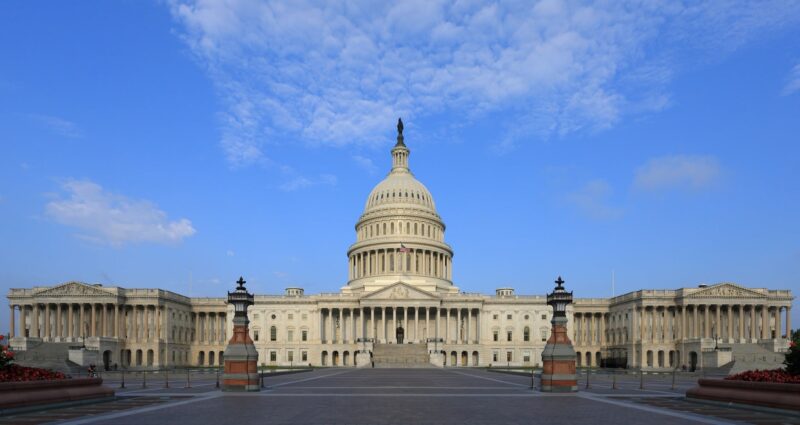
The House Appropriations Committee on Thursday was to mark up a bill that would increase funding for next-generation nuclear energy programs at the expense of accounts that fund nuclear waste, among other things.
Generally, the bill would provide DOE’s Office…